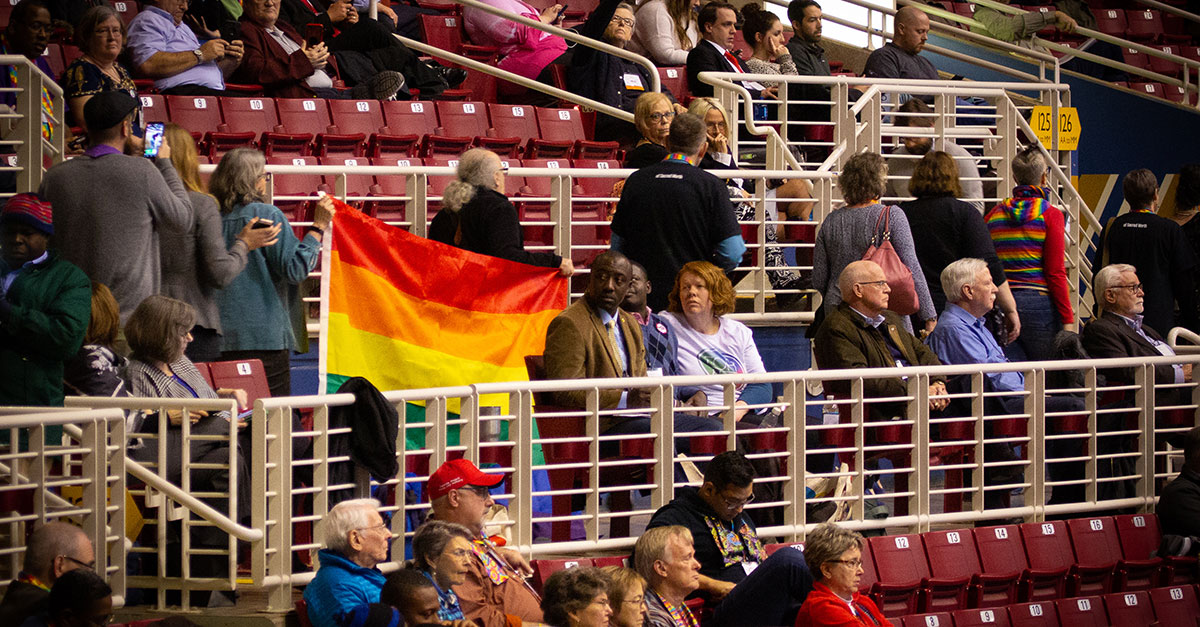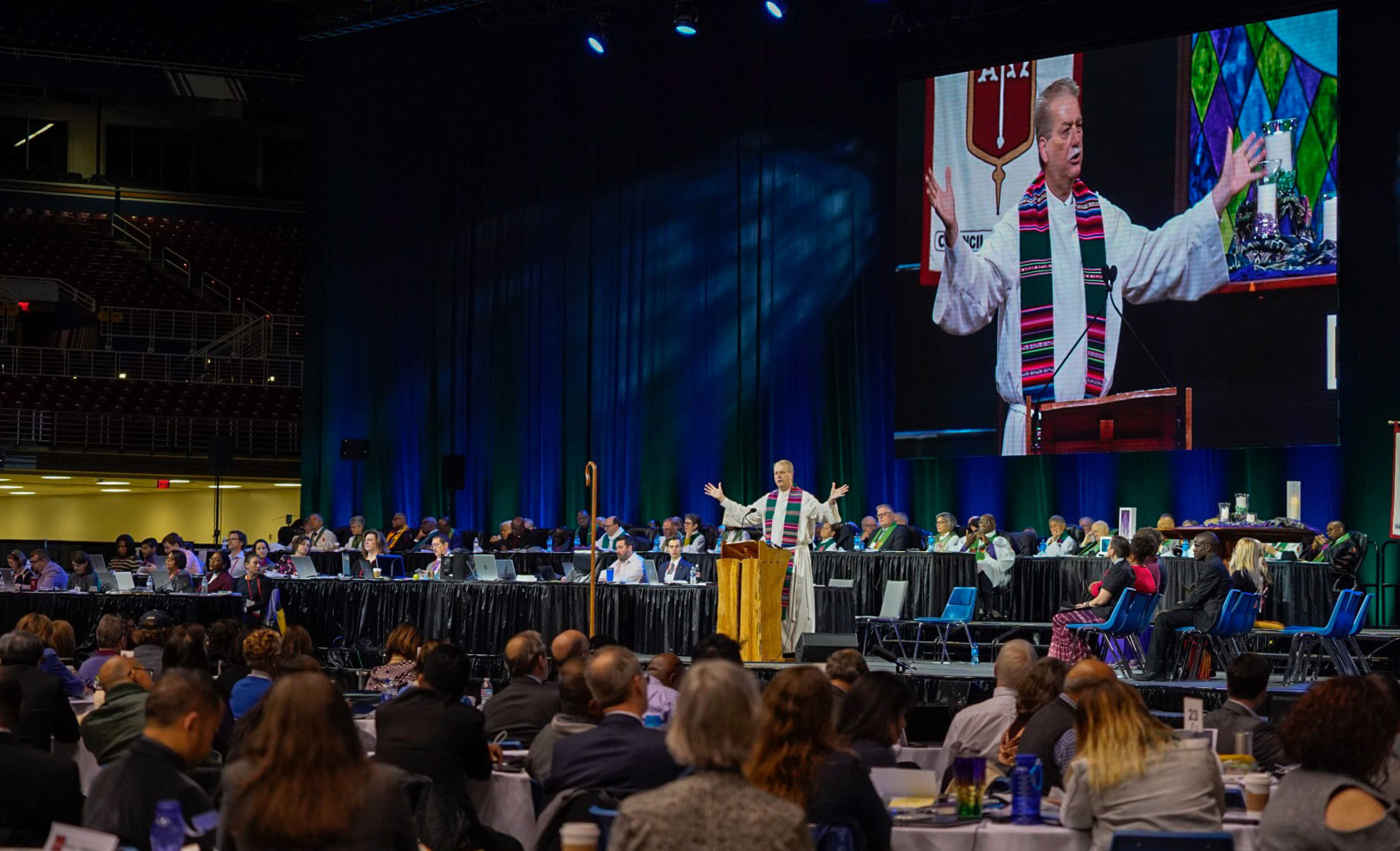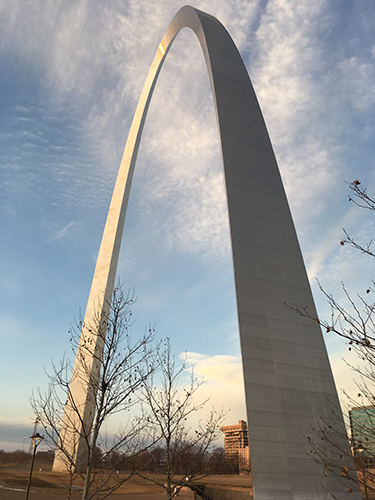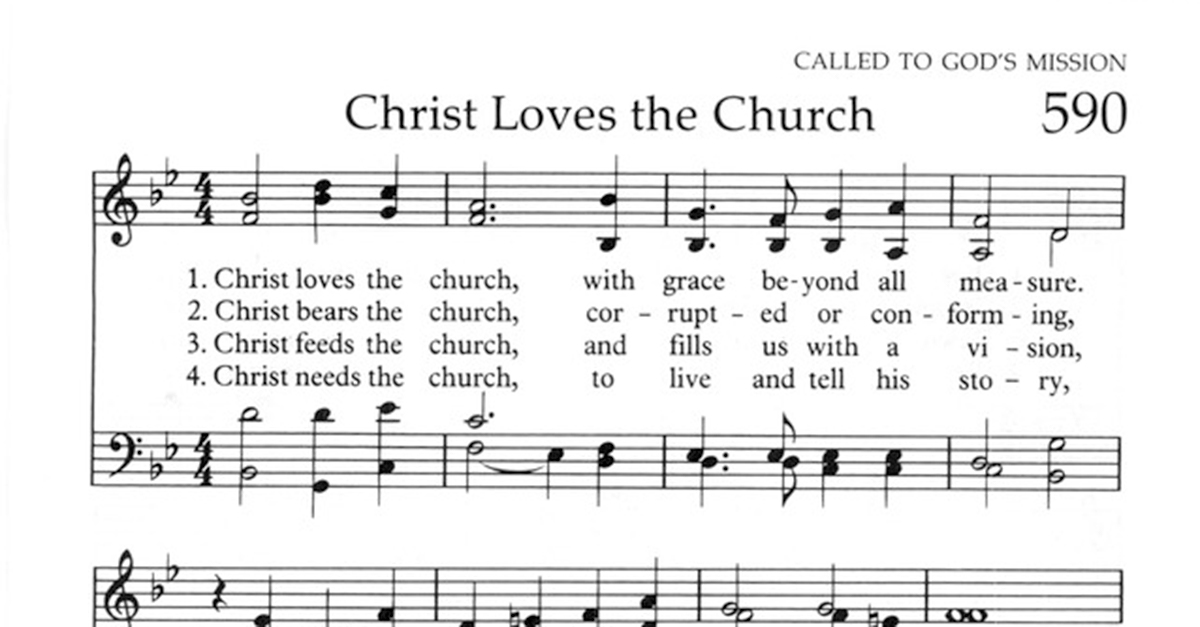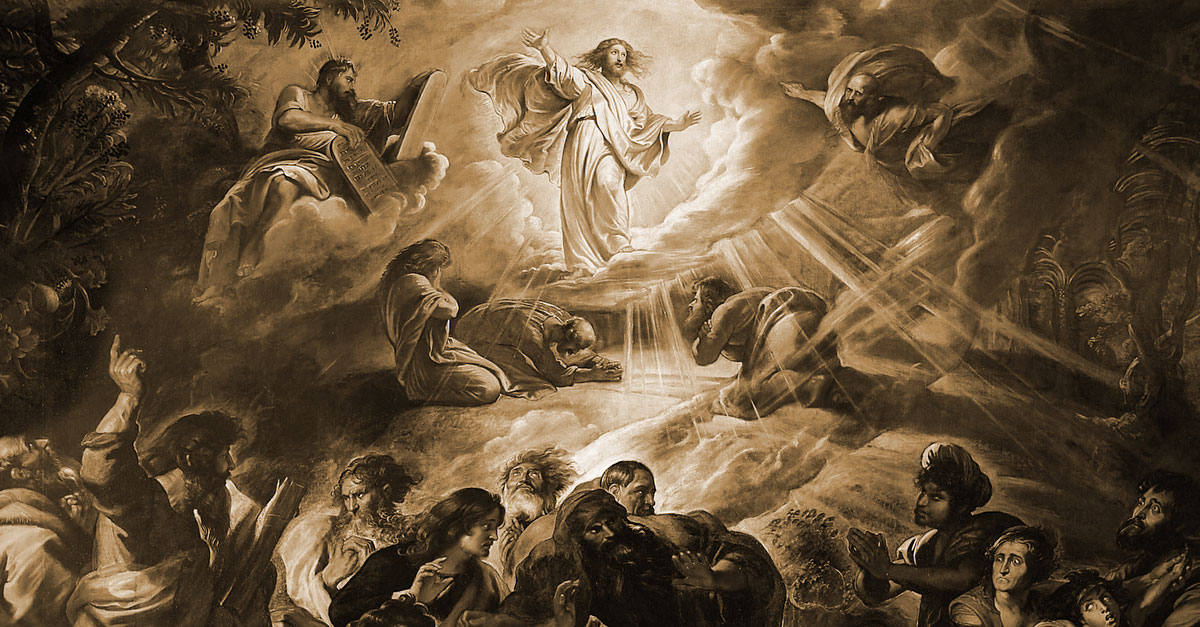Valley of Grieving
CrossOver reflection for Week Sixteen • Beginning March 17, 2019
We Make the Road by Walking, Chapter 29
Rev. Todd Bartlett
This week’s CrossOver post comes in audio and text options. Your choice!
While on a hike after a very painful experience, TJ encountered a sign along the trail that read: “Valley of Grieving.” Curious, TJ headed down the trail. There were others on the trail, some were zooming past TJ,
After trudging uphill for what seemed an interminable length of time, going past those who had decided to stop, TJ pushed on toward the Valley of Grieving. Finally, the trail crested a ridge and headed downward.
The trail eventually settled in along a small creek. Tears welled up in TJ’s eyes. This surprised TJ because tears were not something that came easily, nor were they welcomed. The hillside oozed with its own tears.
Beside the trail there was an overlook from which one could see many bridges reaching across the valley. The design of each bridge was unique, from plain and simple to elaborate and complex and everything in between.
TJ realized that the bridges were without people. “Why on earth would anyone build such structures and not allow people to cross? At the end of the first bridge were three very strange things:
- 1) a sign reading “JOY” with an arrow pointing across the bridge;
- 2) a group of people trying to figure out how to cross the bridge; and
- 3) no decking on the bridge.
“Who builds bridges without decks?” thought TJ, trudging on in hopes of finding an answer. Eventually, there was a bridge with one person on it. So, TJ asked, “How did you get out there?” No response came. TJ realized that there was no decking beneath this person!
Someone standing nearby said, “They only paid a little bit. Unlike all of the other material that is provided simply by asking, the deck comes with a price. For some of us the price is too high.”
Fear began to take hold of TJ. “What price is too high? If others cannot pay the price, surely I will be stuck in this Valley of Grieving, forever.” Doubled over, looking downward, and with a heart full of guilt and shame, TJ trudged on.
TJ came around a corner and saw someone, coming from the other side, dancing on a bridge without decking! “How did you cross over on the bridge?” called TJ.
“By walking on the decking,” was the reply.
“But I don’t see the decking, how is this possible? Can you teach me to walk where there is no deck?”
“I cannot,” the sage replied matter-of-factly.
“Then how?”
“Ah,” said the sage, “the burdens that I have laid down have paved the way for me to cross over. You cannot see them as they are not your burdens.”
“Then how do I get decking? What is the price that so many are unable to pay?”
“Unwilling,” the sage replied.
“What?” asked TJ.
“The others are able to pay the price, at this point they are unwilling.”
“How do you know?” asked TJ.
“Because,” said the sage, “I was stalled at the end of the bridge for a very long time before I was willing to pay the price.”
“And the price?”
“It won’t cost you a penny. You have what you need to cross to JOY.”
“I don’t get it,” said TJ, “if I already possess the decking what is stopping me from just putting them down?”
“There are many things that keep us from putting them down: pride, comfort with the burdens we know, fear of what life will be like without them, hate, disgust, distrust, wanting others to conform to our vision of who they should be and what they should be like,” said the sage.
“Ok, so what must I do to cross over to JOY?”
“It is simple,” said the sage. “Forgive others and yourself. Each time you forgive, you put a piece down. Some relationships will be renewed, and others released can be released. * Eventually, your way is paved to cross over.”
*The idea that forgiveness leads to renewed or released relationships comes from, The Book of Forgiving, by Desmond Tutu and Mpho Tutu.
The Reverend Todd Bartlett is the Executive Director for Camp and Retreat Ministries of the Oregon-Idaho Conference. He served as the director of the Collins Retreat Center for 8 years during which he and the staff focused upon Gracious Hospitality to guide their work and lives at the retreat center, before that he served churches for over 18 years. He now lives in Milwaukie, OR with his spouse, the Reverend Laura Jaquith Bartlett and their younger daughter Megan. He enjoys a good story, photography, gardening, and being outdoors.


